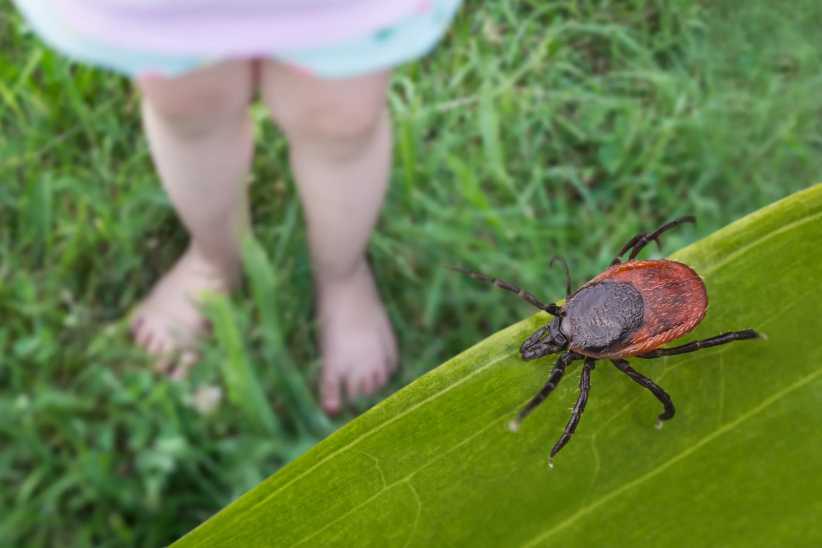What should you do in the event of a meningitis case at camp? Here are seven tips from the National Meningitis Association.
1. Stay calm.
A case of meningitis can create fear and panic among parents, campers and the camp community, so it’s important to remain calm in order to quickly and effectively get medical treatment for the sick camper and prepare your camp for next steps.
2. Seek immediate medical attention for the sick camper to ensure prompt diagnosis and treatment.
If you suspect a camper may have meningitis, immediately contact the local hospital to carefully describe the patient’s symptoms, and plan to promptly transport the sick camper to their care and alert the child’s parents. Given the quick progression and devastating nature of the disease, it is important for antibiotic treatment to be administered as soon as possible.
3. Notify camp officials, counselors and staff.
Alert the camp community and ensure they are familiar with the signs and symptoms of the disease. Early symptoms of meningitis are very similar to the flu or a cold, so the disease is difficult to accurately and quickly diagnose. First symptoms may include headache, fever, nausea, vomiting, stiff neck, and confusion. After the disease progresses, a purplish rash may appear.
4. Identify any close contacts of the infected camper.
Meningitis is a serious and dangerous disease, but fortunately, most cases are isolated. However, it is still important that close contacts to the camper receive antibiotic treatment as a preventative measure. Close contacts may include cabin mates, counselors, close friends and boyfriends/girlfriends. Contact your local public health department (see #6), and ask counselors and staff to help identify close contacts of the infected camper.
5. Notify parents of the case and precautionary measures the camp is taking.
Contact parents to alert them to the case and let them know the precautionary steps the camp is taking to ensure the health and safety of campers. Provide parents with background information about meningitis and prevention and where appropriate, discuss preventative antibiotic treatment.
6. Alert the local public health department.
Local public health officials can assist in identifying close contacts and providing preventative antibiotics to those that may be at risk for infection. They also may have suggestions on handling parent and camper questions.
7. Initiate an open dialogue with campers.
A meningitis case can be frightening for campers, who will likely be concerned for the sick camper and whether they can catch the disease. Initiate an open dialogue with campers to quell fears and discuss the disease.






















